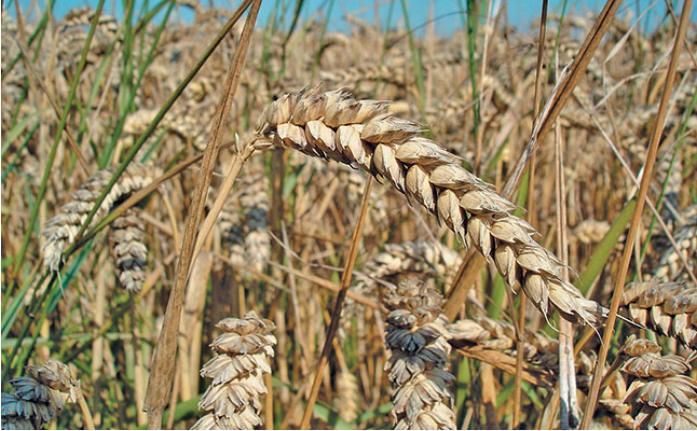Archives
- Home
- News
- Posts
- Farmers Weekly
- High diesel prices will continue to drive up production costs
High diesel prices will continue to drive up production costs
- Farmers Weekly
-
Oct 05
- Share post

The latest increase in diesel prices is a severe blow to grain farmers, according to André Kirsten, vice-chairperson of Grain SA’s Winter Grain working group.

“Input costs are already sky-high, with production in the Swartland [region] under pressure because of dry climatic conditions.
“It takes roughly 27l of diesel per hour to harvest [a crop], which means that this increase will result in fuel input costs increasing by roughly R2,70/hour.”
The Department of Mineral Resource and Energy announced that petrol prices would decrease for the third month in a row on Wednesday, 5 October, while diesel prices would increase slightly.
According to a statement by the department, the price of 93 octane petrol would decrease by 89c/l, and 95 octane by R1,02/l, following a drop of more than R2/l for each of these grades in September, while the price of 0,05% sulphur diesel would increase by 10c/l and that of 0,005% sulphur by 15c/l. This was due to continued high demand and low supplies of diesel on the global market.
The department ascribed the price adjustments to Brent crude oil prices decreasing from US$94 (about R1 667) per barrel to US$89,79 (R1 593) per barrel during the period under review.
This was ascribed to low demand from China; the release of crude oil stocks by the International Energy Agency’s member countries; Saudi Arabia cutting oil prices to compete with cheaper oil from Russia; and fears of a global recession that would affect the demand, the statement said.
Along with this, the rand depreciated to its weakest level since May 2020, from about R16,70 to R17,55, against the US dollar during this period, with pressure added by the US Federal Reserve’s recent 75 basis points increase in interest rates.
According to the department, this resulted in the US currency being perceived as “a safer investment option” than emerging market currencies.
Dawie Maree, head of agriculture information and marketing at FNB, said the decrease in petrol prices was good news for consumers, as it would help to free up some dispensable income, which was already under severe pressure.
However, he said that the higher diesel prices would drive up food prices in the long run.
Diesel prices reached record highs in July this year, with 0,05% sulphur trading at about R17,63/l and 0,005% sulphur traded at R17,76/l at the coast.
These prices had since declined each month thereafter to reach R15,13/l for 0,05% sulphur and R15,33/l for 0,005% sulphur in September, according to the department’s statement.
Maree said the increase in diesel prices would particularly affect the production costs of farmers in the summer rainfall area who would shortly start planting crops such as maize and soya bean, and those in the winter rainfall area of the Western Cape, who were preparing to harvest crops such as wheat.
He added, however, that many of these farmers had probably already made their diesel purchases for the season, which could help to keep the costs under control.
Although Maree said it was difficult to predict what would happen in November, he said if prices remained at current levels and the rand-dollar exchange rate improved, there was a good chance that fuel prices could see another reduction next month.
Kirsten also expressed the hope that diesel prices would be reduced in November when planting in the northern regions of the country and harvesting in the Western Cape would be in full swing.




